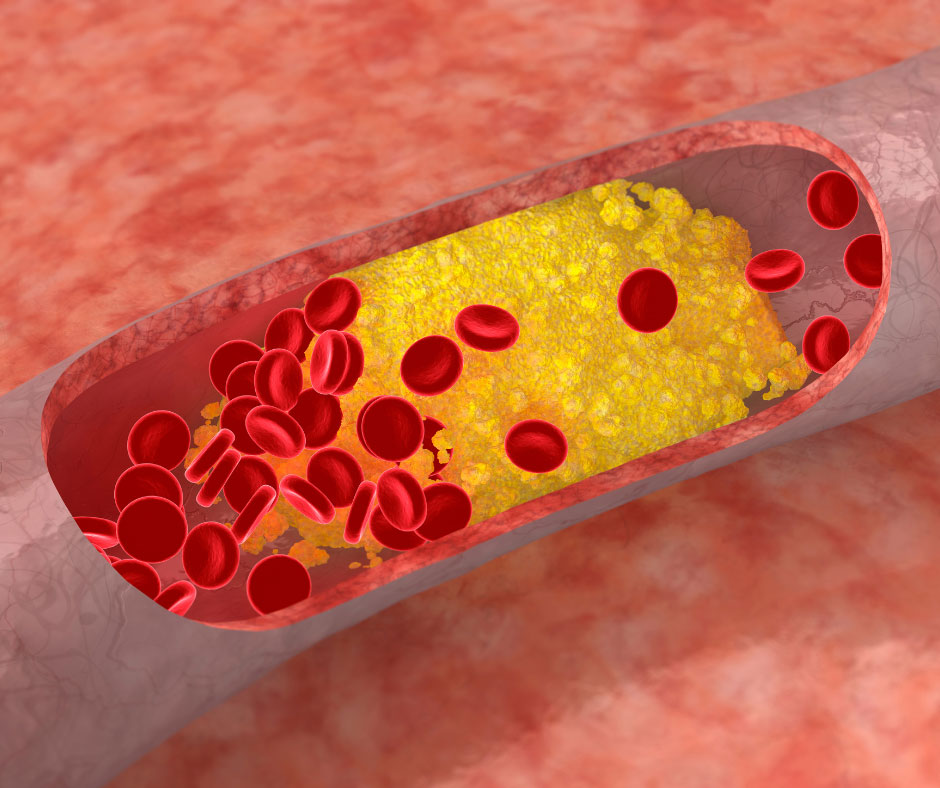Midlife weight gain is common. In two large-scale studies of health professionals in the United States, 93,000 women were asked to recall their weight at age 18 and 25,000 men were asked to recall their weight at age 21. At age 55, 37 years later, the average weight gain for women was 28 pounds. For men, 34 years later, the average weight gain was 21 pounds.
For many adults, weight gain is slow and steady, and much of midlife weight gain resides as belly fat in the midsection (click here to learn more about belly fat). Researchers have found that for every 11 pounds gained, the risk for chronic diseases and other health problems increases dramatically. An extra 11 pounds increases the risk of high blood pressure and hypertension by 14 percent, and the risk of heart disease or stroke by 8 percent. The same weight gain has been linked to an astonishing 30 percent increase in the risk of diabetes! In addition, a midlife weight gain can lead to osteoarthritis, gallbladder disease, sleep apnea and breathing problems, and some cancers (endometrial, breast, colon, kidney, gallbladder, and liver).
Why do so many people gain weight in midlife?
As you age, your body composition gradually shifts — the proportion of muscle decreases and the proportion of fat increases. This shift slows your metabolism, making it easier to gain weight. More and more food energy gets stored as body fat and fat stores are redistributed to the belly. Hormonal changes can also add about 2 to 5 pounds. The rest of that extra weight is the result of overeating, poor lifestyle choices – such as not exercising enough – and stress.
According to Dr. Frank Hu, a professor in the departments of nutrition and epidemiology at Harvard T.H. Chan School of Public Health in Boston, “People don’t become obese overnight. On average, people gain about a half a pound to a pound per year, and once you cross the obesity threshold, it’s difficult to go back. If the dam is already open, the flood has already happened and it’s extremely difficult to rebuild the whole dam instead of repairing it.”
It’s never too late to start losing weight
Losing weight may seem like a daunting task, especially if you are older. It also becomes much harder to take weight off and keep it off the heavier you get. But, by targeting good lifestyle habits during midlife and beyond you can help prevent future health consequences. The following strategies may help you drop extra pounds and may help prevent further weight gains.
- Consume foods high in fiber.
- Eat fruits and vegetables, lean proteins, and whole grains. Avoid processed foods and sugary drinks.
- Limit serving sizes.
- Be physically active and exercise regularly. A brisk 30 minute walk a day can make a difference! A committed walking or exercise partner can provide consistency and encouragement.
- Self-monitor your weight. You may find it helpful to weigh yourself on a regular basis. If you see a few pounds creeping on, take the time to examine your lifestyle. Ask yourself: Has my activity level changed? Am I eating more than usual? You may find it helpful to keep a food diary for a few days so you can track what you eat along with why you are eating it. For example, do you opt for fatty snacks while watching TV? Get into the habit of thinking about what it is you’re eating, before you actually eat it.
- Stress: Often we over-eat when we are emotionally stressed. Learn to relax and deal with stress in healthy ways, by exercising, meditating, or engrossing yourself in a hobby.
Successful weight loss at any stage of life requires dedication and permanent changes in diet and exercise habits. Commit to lifestyle changes and make your future a healthy one!
Sources:
U.S. National Library of Medicine: https://medlineplus.gov/news/fullstory_167272.html
Centers for Disease Control and Prevention: https://www.cdc.gov/healthyweight/prevention/index.html










